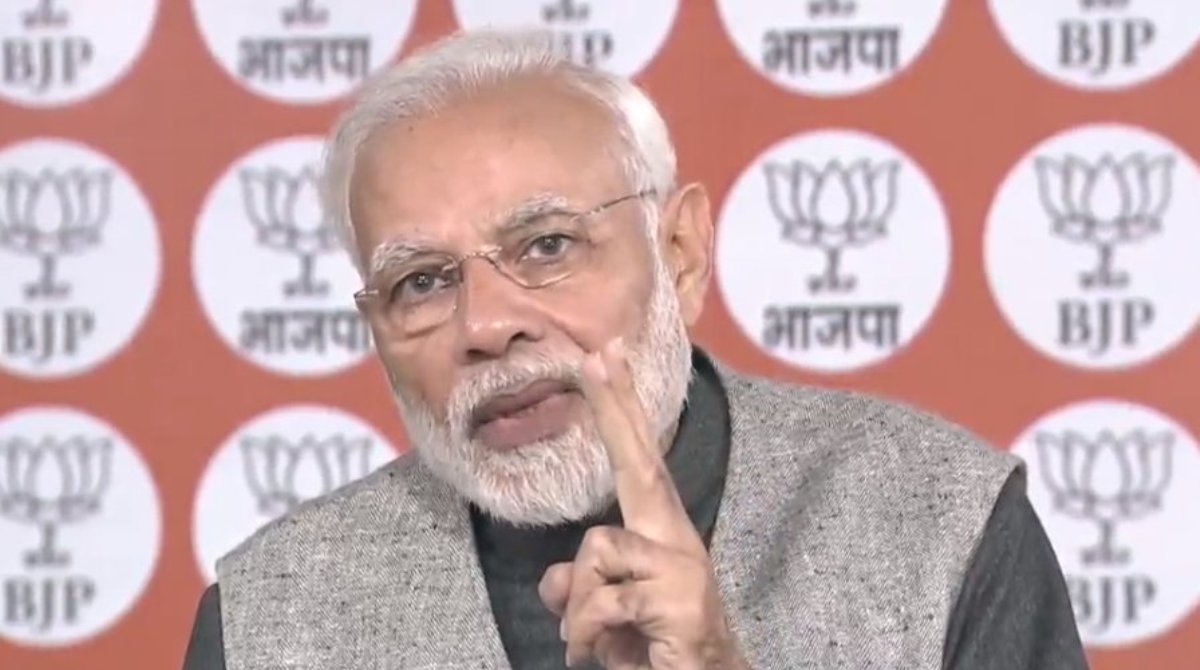None of the 123 amendments to the Constitution brought about in the last 68 years could match the speed of the 124th. The decision to provide 10 per cent reservation for economically weaker sections in public employment and educational institutions was taken by the Cabinet on 7 January, the first Monday of 2019. The 124th Constitutional Amendment Bill to make 10 per cent reservation was introduced in the Lok Sabha and passed with the requisite majority on Tuesday.
Earlier in the day, during question hour, the government denied categorically in reply to a starred question that it was exploring the scope of providing reservation for poor candidates from forward communities for education and employment. Less than an hour later, copies of the 124th Amendment Bill were circulated to MPs and introduced in the Lok Sabha. The Rajya Sabha session was extended till Wednesday, the Bill was taken up in the afternoon and passed before the House was adjourned after dusk. A motion to refer the Bill to a select committee, a normal practice, was rejected.
On Thursday, Youth for Equality, an NGO, challenged the Bill in the Supreme Court on the ground it violates the constitutional norm that economic criterion cannot be the only basis of reservation as had been laid down by a 9-Judge Bench in the Indira Sawhney case. Meanwhile, the President gave his assent to the Bill and it became law on Saturday, 12 January 2019, all in a week’s time. By a sleight of hand the reservation criteria has been changed to economic from socio-educational backwardness, making practically everyone eligible, which means no reservation.
Apart from the absurdity of the amendment, the basic structure of the Constitution which cannot be altered by Parliament, has been put to test. Existing reservation is covered under Articles 15 and 16 which allow the State to make provisions for the advancement of any socially and educationally backward class of citizens or for the Scheduled Castes and the Scheduled Tribes.
The Supreme Court had ruled that caste can be a basis for inclusion in that category but reservation should not cross the 50 per cent ceiling. The Act amends Articles 15 and 16 by inserting a clause that allows the State to make special provision for the advancement of any economically weaker section of citizens in addition to the existing reservations and subject to a maximum of 10 per cent of the total seats in each category. According to Article 368, after both Houses of Parliament passed a Constitution Amendment Bill, it should be ratified by the Legislatures of half the States before it is presented to the President for assent. This procedure was given a short shrift in the case of the 124th Amendment Bill. Reservation is not a programme of poverty alleviation but an instrument of uplifting the socially under-privileged.










